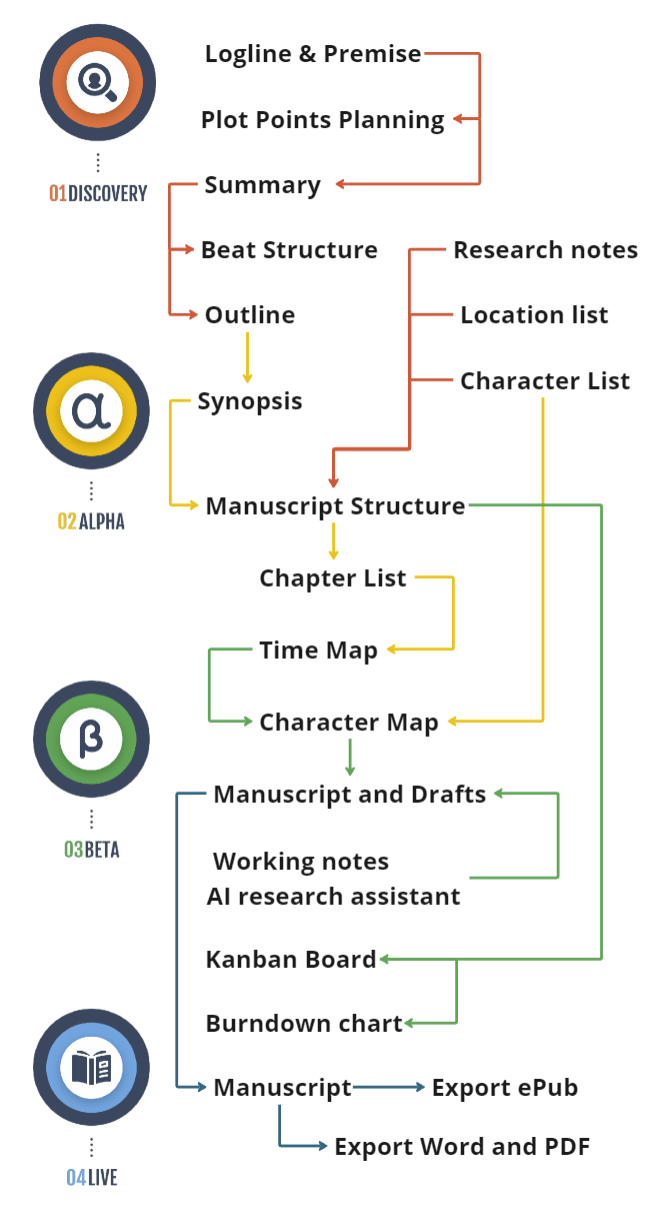Everyday writing every day has a multitude of benefits for both aspiring and established writers alike. By committing to a daily writing routine, you can improve your craft and develop the skills necessary to create interesting stories.
- One of the key benefits of writing every day is the ability to develop a strong sense of discipline. Consistently putting words on the page requires a level of commitment and focus that can be difficult to maintain. But by making writing a daily habit, you’ll be able to overcome the obstacles that often prevent people from writing.
- Another benefit of writing every day is the ability to create compelling stories. By writing every day, you’ll be able to explore unique characters, settings, and plot lines, giving you a vast array of options to choose from when it comes time to write your next story.
- Lastly, writing every day will help you build powerful characters. Characters are the foundation of any story, and by writing every day, you’ll be able to spend more time with them, getting to know their strengths and weaknesses, motivations and fears, and ultimately, creating characters that are believable, relatable and realistic.
Character building is an essential part of storytelling, and it’s crucial for creating believable characters with depth and complexity. Research allows writers to understand the world and the people in it, providing them with the tools necessary to create characters that feel authentic. Research can be done in a variety of ways, from reading books and articles to interviewing and visiting locations. By gathering information on a variety of topics, writers can add depth and nuance to their characters, making them feel more realistic and relatable. Research can also be useful to write convincing dialogue. By understanding the way people speak and the words they use, writers can create dialogue that feels natural and authentic. This is especially important when writing characters from different backgrounds or cultures, as it allows writers to portray the unique way they speak.
Plotting and Story Ideas
There are many methods of plotting a story, and what works for one writer may not work for another. Some writers prefer to start with a clear outline, while others prefer to jump right into the story and figure out the plot as they go. To generate story ideas, writers can use a variety of techniques, such as freewriting, brainstorming, or mind mapping. These methods allow writers to explore distinct possibilities and come up with unique ideas. Having an outline is important when writing a story, as it allows writers to organize their thoughts and plan out the structure of their story. An outline can also help writers identify plot holes and inconsistencies, making the writing process smoother and more efficient.
Writing Scene by Scene
When writing a story, it’s important to approach each scene with a distinct purpose. This means considering what the scene accomplishes and how it will advance the story. By focusing on one scene at a time, writers can ensure that each scene is effective and meaningful. Transitions are also an important aspect of writing, as they help to connect scenes together and create a sense of continuity. By using effective transitions, writers can move seamlessly from one scene to the next, keeping the story flowing smoothly.
Writing every day is essential for writers of all levels. It allows writers to improve their craft, develop their skills, and create interesting stories. By setting aside time each day to write, writers can make writing a part of their everyday routine, and ultimately become more productive and successful in their writing. Besides improving craft and developing skills, writing every day can also provide a sense of accomplishment and fulfillment. Whether you’re writing a novel, a screenplay, or a simple journal entry, the act of putting words on the page is a rewarding experience that can help you express yourself and connect with others.
Writing every day can also help you overcome writer’s block and other obstacles that can arise during the writing process. By making writing a regular habit, you’ll be able to generate new ideas, explore different perspectives, and discover new ways of telling your stories. Writing every day is a powerful tool that can help writers to achieve their goals. Whether you’re an aspiring writer or an established author, making writing a daily habit is an essential step in becoming a successful and productive writer. So, set aside some time each day to write, and experience the benefits for yourself.




